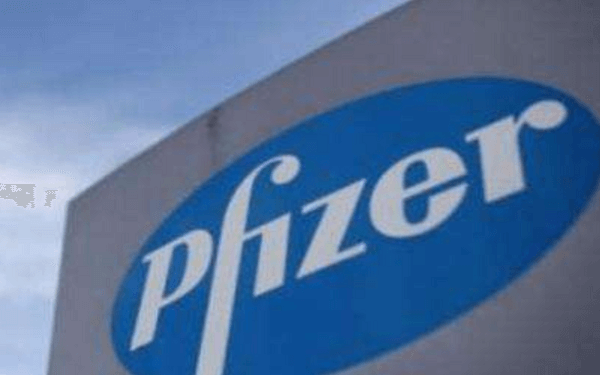
The U.S. Food and Drug Administration (FDA) approved Pfizer’s supplemental New Drug Application (NDA) for Ibrance (palbociclib) in combination with an aromatase inhibitor or fulvestrant for men with hormone receptor-positive (HR+), human epidermal growth factor receptor 2-negative (HER2-) advanced or metastatic breast cancer.
“Men with breast cancer have limited treatment options, making access to medicines such as Ibrance critically important,” stated Bret Miller, founder of the Male Breast Cancer Coalition. “We applaud the use of real-world data, a new approach to drug review, to make Ibrance available to certain men with metastatic breast cancer and help address an unmet need for these patients.”
Breast cancer in men is relatively uncommon. According to the American Cancer Society, about 2,670 new cases of invasive breast cancer will be diagnosed in men this year, and about 500 men will die from it. It is approximately 100 times less common among white men than among white women, and about 70 times less common among black men than black women.
According to the FDA, the majority of male breast tumors express hormone receptors. Males are more likely to be diagnosed at an older age with a more advanced stage of the disease.
Ibrance was first approved in 2015. Ibrance is a kinase inhibitor approved in combination with an aromatase inhibitor as the first hormonal-based therapy in women who have gone through menopause and in men, or with fulvestrant in patients whose disease progressed after hormonal therapy. The drug is approved in more than 90 countries.
Pfizer points out that the use of real-world data (RWD) in clinical trials is playing an increasingly important role. “Due to the rarity of breast cancer in males, fewer clinical trials are conducted that include men resulting in fewer approved treatment options.”
The approval was built on data from electronic health records and postmarketing data citing real-world use of Ibrance in male patients that came from three databases: IQVIA Insurance database, Flatiron Health Breast Cancer database and the Pfizer global safety database.
“With this approval, we are now able to offer Ibrance to the underserved male breast cancer community and provide more patients with HR+, HER2- metastatic breast cancer the opportunity to access an innovative medicine,” stated Chris Boshoff, Chief Development Officer, Oncology, Pfizer Global Product Development. “We appreciate that our partnership with the FDA has allowed us to take a significant step forward in the use of real-world data to bring medicines to patients who are most in need.”
In January of this year, Commissioner Scott Gottlieb of the FDA outlined the agency’s new framework for dealing with real-world evidence (RWE) and real-world data (RWD). He said at the time, “It’s a recognition that new approaches and technologies can help expand the sources of evidence that we can use to make more reliable treatment decisions. And it’s a recognition that this evidence base can continue to build and improve throughout the therapeutic life of an FDA approved drug or medical device.”
Criticism of RWD and RWE are that they have little if any data verification and some interesting and likely important data is often missing. But the FDA and some researchers believe that RWD can and should be included if the study design and analysis is done carefully and appropriately.
Gottlieb stated in January that, “The Framework is aimed at leveraging information gathered from patients and the medical community to inform and shape the FDA’s decisions across our drug and biologic development efforts. This Framework will form a cornerstone of our efforts to advance the use of these tools. And in 2019 we’ll advance other new initiatives to better leverage RWD and RWE in our programs.”
Source: Biospace